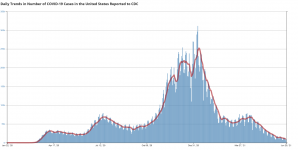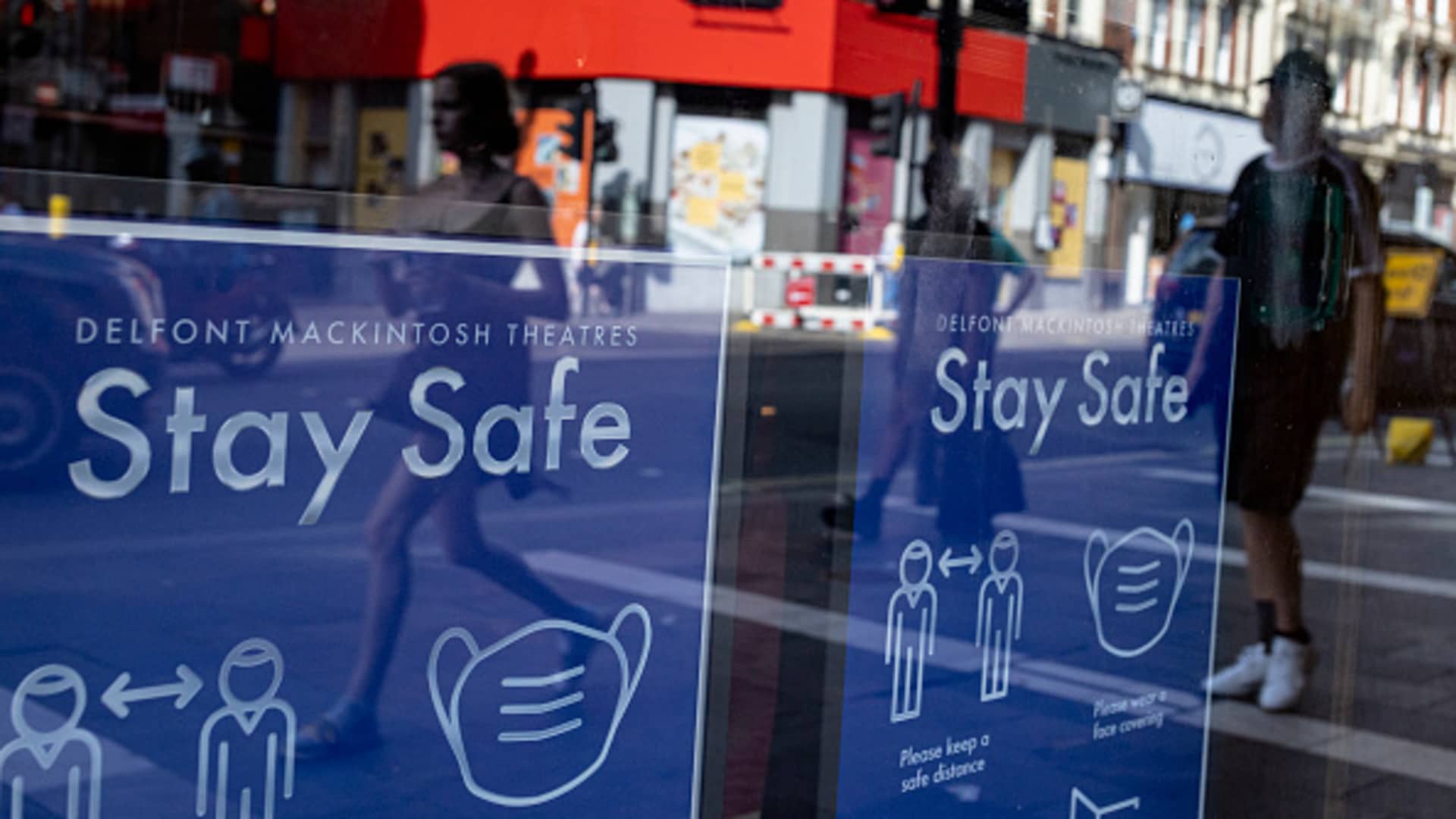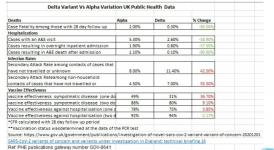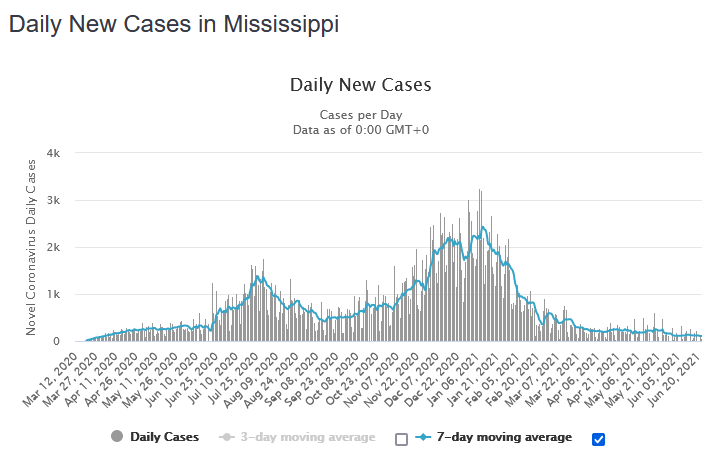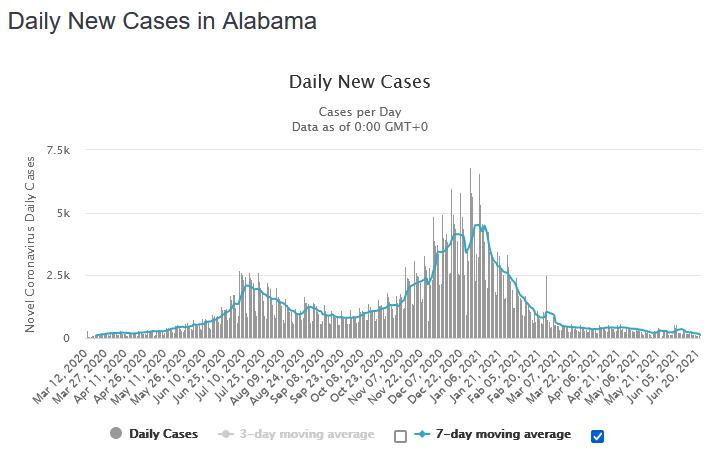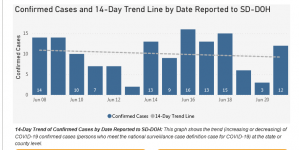X-Files
2
"
"
The coronavirus is going to stick around forever. Get ready for the new normal.
Andrew Dunn , Aria Bendix , and Hilary Brueck
Feb 11, 2021, 10:04 AM
[IMG alt="coronavirus variants versus vaccines 2x1"]https://i.insider.com/6023ef3f67d1e300113c5374?width=700[/IMG]
Experts agree: The novel coronavirus isn't going anywhere anytime soon. Samantha Lee/Insider
As the pandemic approaches its second year, the coronavirus has morphed into a tougher foe.
Several mutations that scientists have identified in rapidly spreading variants are particularly worrisome. They raise concerns that these strains will be more contagious or be able to at least partly evade protection provided by vaccines and by prior infections.
Let's be clear: No one knows how the next phase of the pandemic will play out. Is a new strain already spreading undetected or lurking around the corner? How effective will these vaccines be in the long run? And just when can we think about returning to schools and offices, or getting together with older relatives again?
Some of the nation's top infectious-disease experts are hesitant to offer predictions.
"The first axiom of infectious disease: Never underestimate your pathogen," Dr. Larry Corey, a virologist at the Fred Hutchinson Cancer Research Center, told Insider.
Despite this uncertainty, most scientists have accepted an unfortunate truth: The coronavirus will likely be part of our lives forever, though the pandemic phase will eventually end. Our best hope is for it to turn into a mild, flu-like illness rather than a deadlier, long-term threat.
Here, we'll lay out the key factors that could determine which course the pandemic takes. Some of the most important unanswered questions hinge on what happens to variants next, and how well vaccinations and immunity can keep pace.
Read more: What's coming next for COVID-19 vaccines? Here's the latest on 11 leading programs.
Accept it: The coronavirus is here to stay
[IMG alt="GettyImages 1227092466"]https://i.insider.com/5ed00c8f3f7370213476a689?width=1300&format=jpeg&auto=webp[/IMG]
Some gyms have reopened during the pandemic, requiring people to make appointments, wear masks, and stay 6 feet apart. Getty Images
Four other human coronaviruses are already endemic in our population, meaning they circulate perpetually but don't hit pandemic-level peaks. For the most part, these viruses cause only mild symptoms associated with common colds.
Scientists had always feared a new coronavirus might come along that would be deadlier but still highly transmissible.
Enter SARS-CoV-2.
"It's safe to say we're not going to eradicate it entirely," said Dr. Becky Smith, an infectious-disease specialist at Duke Health. "Too many people in the world have it. It's too efficient at transmitting."
The virus is also zoonotic, meaning it can jump back and forth between animals and humans. Even if we managed to eradicate SARS-CoV-2 in humans, animals could reintroduce a similar infection to our population — perhaps with an even deadlier mutation.
To this day, smallpox is the only infectious disease that has ever been eradicated in humans. It has no animal reservoir, so it must spread from human to human to survive.
A recent study suggested that SARS-CoV-2 would most likely become endemic within five to 10 years, eventually resembling a common cold that infects people during childhood. That scenario hinges on the notion that pediatric cases will remain mild. If a new mutation makes the virus deadlier in kids, coronavirus shots may become required for young people, similar to vaccines for polio or measles.
Still, Mike Osterholm, a leading infectious-disease expert, said it would be nearly impossible to make a yearly coronavirus vaccine available to every person on Earth.
"It is going to be with us forever," Osterholm, who directs of the Center for Infectious Disease Research and Policy at the University of Minnesota, said of the virus. "It is something we can't eradicate from humans."
New variants are forcing vaccine-makers to change strategies
[IMG alt="covid vaccine development"]https://i.insider.com/60142bfe6dfbe10018e00b84?width=1300&format=jpeg&auto=webp[/IMG]
A chemical-engineering student works with a test related to coronavirus-vaccine production on March 24 in Belo Horizonte, Brazil. Pedro Vilela/Getty Images
When the first vaccines from Pfizer and Moderna were authorized for emergency use last year, there was real hope that they could crush the pandemic. The shots were over 90% effective — a stunning achievement — and provided overwhelming protection against mild, moderate, and severe symptoms.
Now the goal for vaccines has become more modest: Blunt the worst outcomes, preventing deaths and hospital stays.
"I've seen the language changing already from 'We're going to hit herd immunity' to 'Hey, we're going to have something that is going to get us back to normal, from the perspective that our hospitals aren't going to be overloaded,'" said Deborah Fuller, a microbiologist and vaccine researcher at the University of Washington.
That's partly because of concerns about a new variant, called B.1.351, that's circulating widely in South Africa. The strain carries 10 mutations in the virus' spike protein, the target of all the leading vaccine programs. The P.1 strain circulating in Brazil has similarly troubling mutations.
B.1.351 has already shown partial resistance to Moderna's vaccine, suggesting the shot may be less effective at preventing milder illnesses caused by this strain. Early clinical results from vaccine programs led by Johnson & Johnson, AstraZeneca, and Novavax have also raised concerns that vaccines won't work as well against B.1.351 or other variants with similar mutations.
The quality of these findings is still up in the air: Some laboratory work in petri dishes has been published, but no results from tests in people have appeared in medical journals.
"
The coronavirus is going to stick around forever. Get ready for the new normal.
Andrew Dunn , Aria Bendix , and Hilary Brueck
Feb 11, 2021, 10:04 AM
[IMG alt="coronavirus variants versus vaccines 2x1"]https://i.insider.com/6023ef3f67d1e300113c5374?width=700[/IMG]
Experts agree: The novel coronavirus isn't going anywhere anytime soon. Samantha Lee/Insider
- The spread of coronavirus variants means COVID-19 will likely be around forever.
- People might require regular booster shots to fight new variants of the virus.
- But experts say it's impossible to vaccinate everyone yearly, so the virus will continue to circulate.
- Visit the Business section of Insider for more stories.
As the pandemic approaches its second year, the coronavirus has morphed into a tougher foe.
Several mutations that scientists have identified in rapidly spreading variants are particularly worrisome. They raise concerns that these strains will be more contagious or be able to at least partly evade protection provided by vaccines and by prior infections.
Let's be clear: No one knows how the next phase of the pandemic will play out. Is a new strain already spreading undetected or lurking around the corner? How effective will these vaccines be in the long run? And just when can we think about returning to schools and offices, or getting together with older relatives again?
Some of the nation's top infectious-disease experts are hesitant to offer predictions.
"The first axiom of infectious disease: Never underestimate your pathogen," Dr. Larry Corey, a virologist at the Fred Hutchinson Cancer Research Center, told Insider.
Despite this uncertainty, most scientists have accepted an unfortunate truth: The coronavirus will likely be part of our lives forever, though the pandemic phase will eventually end. Our best hope is for it to turn into a mild, flu-like illness rather than a deadlier, long-term threat.
Here, we'll lay out the key factors that could determine which course the pandemic takes. Some of the most important unanswered questions hinge on what happens to variants next, and how well vaccinations and immunity can keep pace.
Read more: What's coming next for COVID-19 vaccines? Here's the latest on 11 leading programs.
Accept it: The coronavirus is here to stay
[IMG alt="GettyImages 1227092466"]https://i.insider.com/5ed00c8f3f7370213476a689?width=1300&format=jpeg&auto=webp[/IMG]
Some gyms have reopened during the pandemic, requiring people to make appointments, wear masks, and stay 6 feet apart. Getty Images
Four other human coronaviruses are already endemic in our population, meaning they circulate perpetually but don't hit pandemic-level peaks. For the most part, these viruses cause only mild symptoms associated with common colds.
Scientists had always feared a new coronavirus might come along that would be deadlier but still highly transmissible.
Enter SARS-CoV-2.
"It's safe to say we're not going to eradicate it entirely," said Dr. Becky Smith, an infectious-disease specialist at Duke Health. "Too many people in the world have it. It's too efficient at transmitting."
The virus is also zoonotic, meaning it can jump back and forth between animals and humans. Even if we managed to eradicate SARS-CoV-2 in humans, animals could reintroduce a similar infection to our population — perhaps with an even deadlier mutation.
To this day, smallpox is the only infectious disease that has ever been eradicated in humans. It has no animal reservoir, so it must spread from human to human to survive.
A recent study suggested that SARS-CoV-2 would most likely become endemic within five to 10 years, eventually resembling a common cold that infects people during childhood. That scenario hinges on the notion that pediatric cases will remain mild. If a new mutation makes the virus deadlier in kids, coronavirus shots may become required for young people, similar to vaccines for polio or measles.
Still, Mike Osterholm, a leading infectious-disease expert, said it would be nearly impossible to make a yearly coronavirus vaccine available to every person on Earth.
"It is going to be with us forever," Osterholm, who directs of the Center for Infectious Disease Research and Policy at the University of Minnesota, said of the virus. "It is something we can't eradicate from humans."
New variants are forcing vaccine-makers to change strategies
[IMG alt="covid vaccine development"]https://i.insider.com/60142bfe6dfbe10018e00b84?width=1300&format=jpeg&auto=webp[/IMG]
A chemical-engineering student works with a test related to coronavirus-vaccine production on March 24 in Belo Horizonte, Brazil. Pedro Vilela/Getty Images
When the first vaccines from Pfizer and Moderna were authorized for emergency use last year, there was real hope that they could crush the pandemic. The shots were over 90% effective — a stunning achievement — and provided overwhelming protection against mild, moderate, and severe symptoms.
Now the goal for vaccines has become more modest: Blunt the worst outcomes, preventing deaths and hospital stays.
"I've seen the language changing already from 'We're going to hit herd immunity' to 'Hey, we're going to have something that is going to get us back to normal, from the perspective that our hospitals aren't going to be overloaded,'" said Deborah Fuller, a microbiologist and vaccine researcher at the University of Washington.
That's partly because of concerns about a new variant, called B.1.351, that's circulating widely in South Africa. The strain carries 10 mutations in the virus' spike protein, the target of all the leading vaccine programs. The P.1 strain circulating in Brazil has similarly troubling mutations.
B.1.351 has already shown partial resistance to Moderna's vaccine, suggesting the shot may be less effective at preventing milder illnesses caused by this strain. Early clinical results from vaccine programs led by Johnson & Johnson, AstraZeneca, and Novavax have also raised concerns that vaccines won't work as well against B.1.351 or other variants with similar mutations.
The quality of these findings is still up in the air: Some laboratory work in petri dishes has been published, but no results from tests in people have appeared in medical journals.

